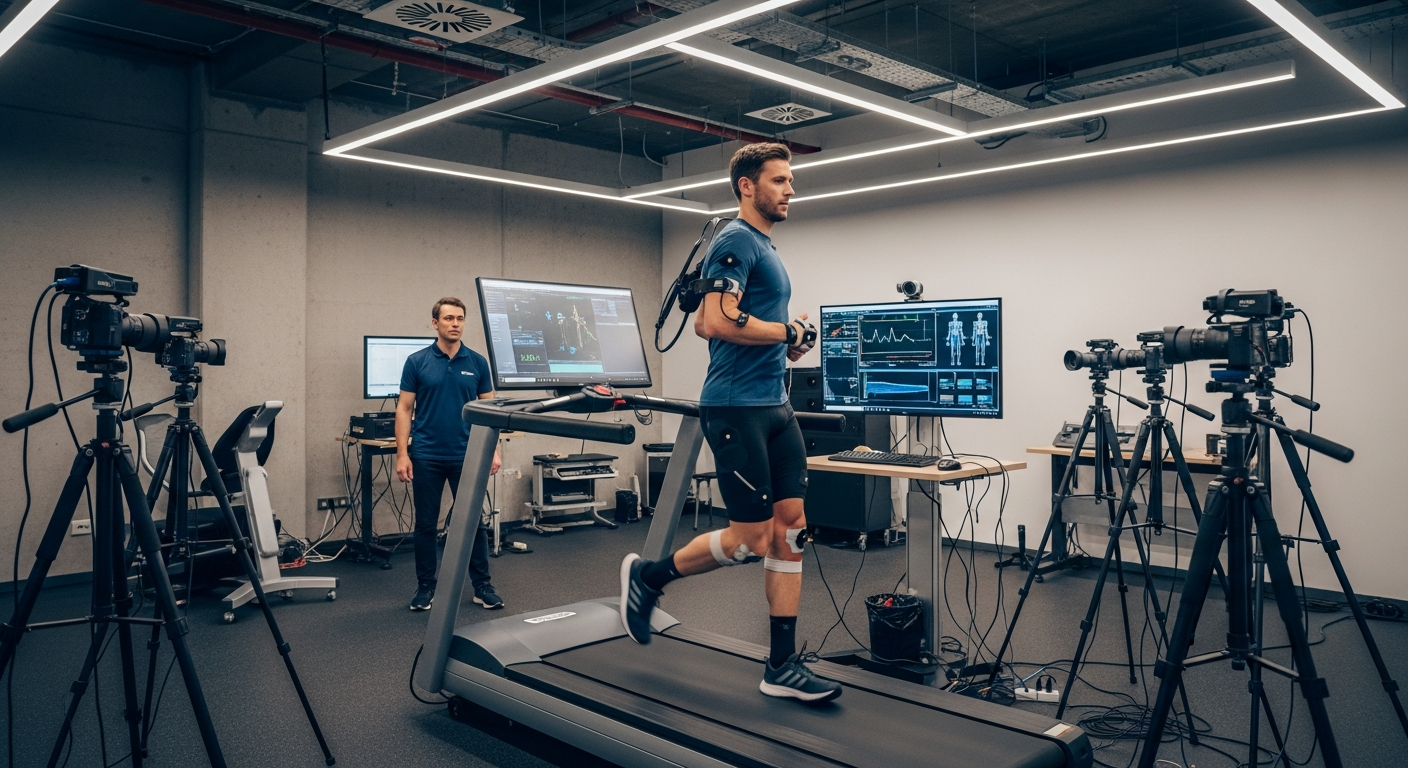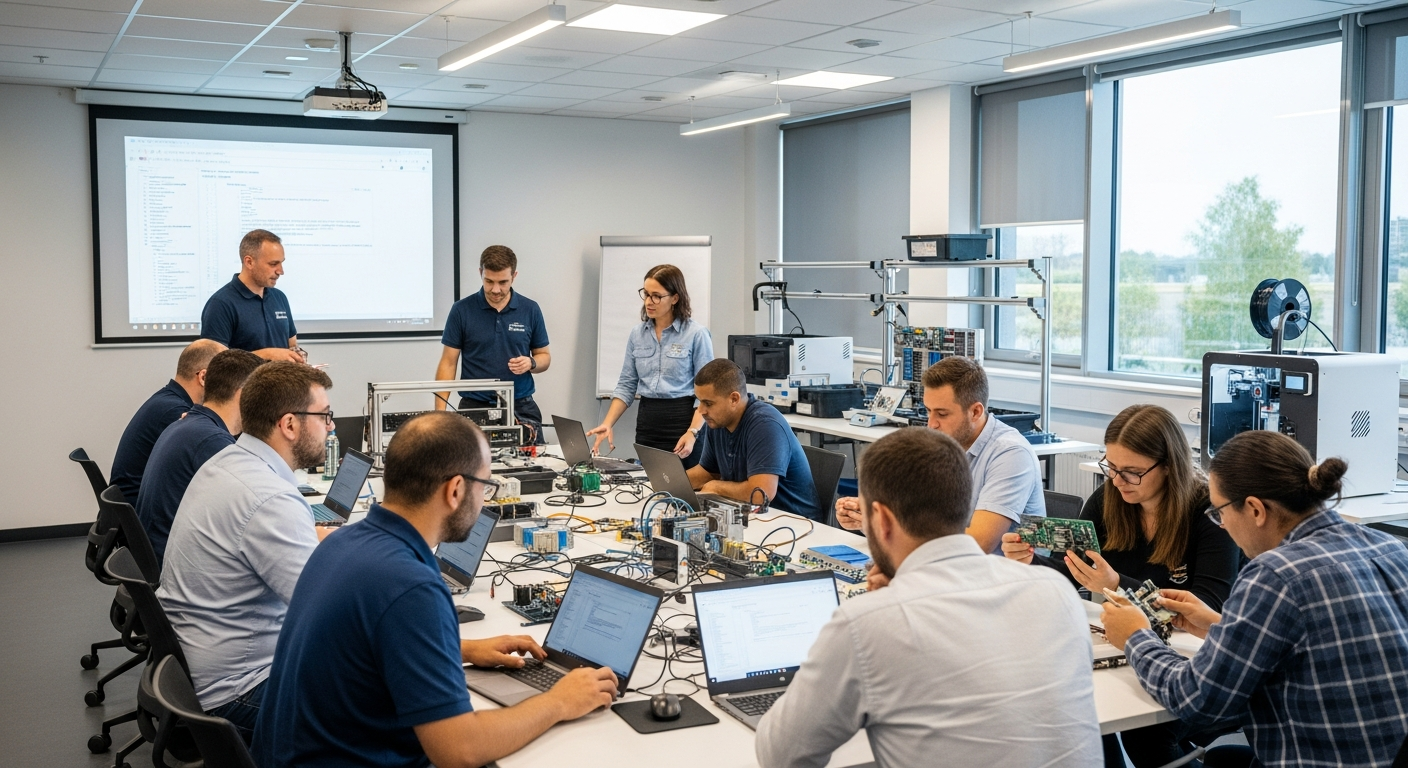Skyscraper Hotels: The New Frontier of Urban Luxury Travel
Towering above city skylines, skyscraper hotels are redefining the concept of urban luxury travel. These architectural marvels offer guests unparalleled views, cutting-edge amenities, and a unique perspective on their destination. As cities around the world compete to build ever-taller structures, the hospitality industry is seizing the opportunity to create extraordinary experiences for travelers seeking the ultimate in urban accommodation. From infinity pools suspended in the clouds to revolving restaurants that offer panoramic cityscapes, skyscraper hotels are pushing the boundaries of what's possible in hotel design and guest experiences.

The first skyscraper hotels emerged in the mid-20th century, with properties like the Hilton Istanbul Bosphorus in 1955 setting the stage for high-rise hospitality. However, it wasn’t until the late 1990s and early 2000s that the trend truly took off, with cities like Dubai and Shanghai leading the charge in constructing ever-taller and more luxurious sky-high accommodations.
Engineering Marvels and Design Innovations
Building a skyscraper hotel presents unique challenges that require innovative engineering solutions. From wind resistance to elevator systems capable of whisking guests to dizzying heights in seconds, these structures are marvels of modern architecture and technology.
One of the most impressive features of many skyscraper hotels is their use of space. Designers are creating multi-level lobbies, vertical gardens, and sky bridges that connect different parts of the building. These elements not only make the most of limited floor space but also create a sense of grandeur and openness that belies the hotel’s vertical nature.
Another key innovation is the integration of smart technology throughout the building. From automated climate control systems to personalized room settings controlled via smartphone, skyscraper hotels are at the forefront of hospitality tech trends.
Unparalleled Views and Experiences
The primary draw of skyscraper hotels is, undoubtedly, the views they offer. Guests can wake up to panoramic vistas of city skylines, mountain ranges, or ocean horizons, depending on the location. Many properties capitalize on this by designing rooms with floor-to-ceiling windows and strategic layouts that maximize the visual impact.
Beyond the views, skyscraper hotels are becoming destinations in their own right, offering experiences that can’t be found elsewhere. Rooftop bars, observation decks, and sky-high restaurants are becoming standard features, attracting both hotel guests and local visitors.
Some standout experiences include the cantilevered glass walkways at the Shanghai Tower J Hotel, which allow brave guests to step out into thin air 632 meters above the ground, or the Burj Al Arab’s underwater restaurant in Dubai, offering a unique dining experience with views of marine life.
Sustainability and Efficiency in the Sky
Contrary to what one might expect, many skyscraper hotels are at the forefront of sustainable design and energy efficiency. The vertical nature of these buildings allows for more efficient use of land, while advanced building materials and systems can significantly reduce energy consumption.
Some skyscraper hotels are incorporating green technologies such as solar panels, rainwater harvesting systems, and energy-efficient lighting and HVAC systems. Others are going even further, with designs that include vertical farms, wind turbines integrated into the building’s structure, and advanced waste management systems.
These sustainability efforts not only reduce the environmental impact of these massive structures but also appeal to eco-conscious travelers who want to minimize their carbon footprint without sacrificing luxury.
The Future of Urban Hospitality
As technology advances and urban populations continue to grow, the trend of skyscraper hotels shows no signs of slowing down. Future developments may include even taller structures, more integrated smart technologies, and increasingly immersive experiences that blur the lines between hotel and attraction.
One exciting prospect is the development of modular skyscraper hotels, which could be built more quickly and efficiently than traditional methods allow. This could lead to more affordable sky-high accommodations, making the experience accessible to a broader range of travelers.
Another potential development is the integration of virtual and augmented reality technologies, allowing guests to experience different cityscapes or historical periods from the comfort of their high-rise room.
Skyward Insights: Elevating Your Stay
-
Book corner rooms for the best views and often more spacious layouts
-
Consider visiting during shoulder seasons for better rates without sacrificing the view
-
Many skyscraper hotels offer public observation decks – check if your stay includes free access
-
Look for hotels with infinity pools or sky bars for unforgettable photo opportunities
-
Be aware of potential wait times for elevators during peak hours
-
Some guests may experience altitude sickness – stay hydrated and take it easy on your first day
As urban landscapes evolve, skyscraper hotels stand as beacons of innovation in the hospitality industry. They offer not just a place to stay, but a chance to experience a city from a truly unique perspective. For travelers seeking the epitome of urban luxury and unforgettable views, these towering accommodations provide an unparalleled experience that is redefining what it means to have a room with a view.






